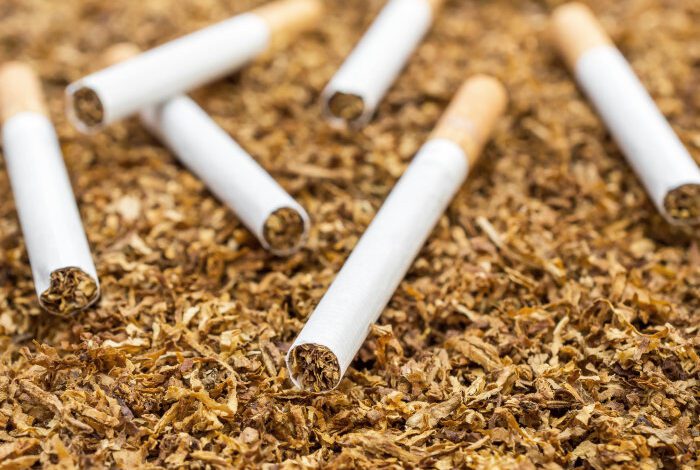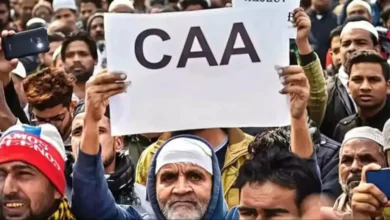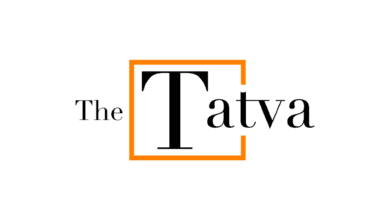
In a unified call, prominent figures in the medical, economic, and public health sectors are urging the government to prioritize public health in the upcoming Union Budget 2024–25. Their primary recommendation is an elevation in the excise duty on all tobacco products, citing it as a vital tool to regulate tobacco consumption and generate additional funds for healthcare initiatives.
Health economists, led by Dr. Rijo John, an adjunct professor at Rajagiri College of Social Sciences, Kochi, emphasize that while there has been a marginal increase in National Calamity Contingent Duties (NCCD) on cigarettes, there has been a notable absence of substantial tax hikes on since the introduction of the Goods and Services Tax (GST) in July 2017. Dr. John contends that the current tax burden, when factoring in GST, compensation cess, NCCD, and Central Excise, stands at only 49.3 percent for cigarettes, 22 percent for bidis, and 63 percent for smokeless tobacco.
Expressing concern over the lack of significant tax adjustments in over six years, Dr. John asserts that this stagnation facilitates independent price hikes by companies, boosting their profits while depriving the government of potential revenue. He argues that the government must consider a more substantial increase in taxes, particularly on cigarettes, bidis, and smokeless tobacco.
Dr. Pankaj Chaturvedi, a Head Neck Cancer Surgeon at Tata Memorial Hospital, underscores the urgency of this taxation proposal. Nearly 50% of all cancers in India are linked to use, according to Dr. Chaturvedi. Stressing the broader impact on the country, he asserts that increasing taxes on products would not only discourage consumption but also align with the larger goal of reducing the economic burden associated with treating related diseases.
The Parliament Standing Committee on Health has recently submitted a comprehensive report on Cancer Care Plans and Management, focusing on the alarming prevalence of tobacco-related cancers in India. The report identifies oral cancer, primarily caused by tobacco use, as the leading cause of lives lost in the country, followed by cancers of the lungs, esophagus, and stomach.
India faces a staggering statistic of 268 million users, making it the second-largest hub for consumption globally. Experts emphasize that 13 lakhs, or 1.3 million, individuals succumb to tobacco-related diseases annually in India. Shockingly, 27 percent of all cancer cases in the country are directly attributable to tobacco use.
The collective appeal from doctors, economists, and public health organizations urges the government to view increased tobacco taxes not only as a fiscal strategy but as a critical public health intervention. By making products less affordable, proponents argue, the government can curtail the alarming rise in tobacco-related diseases and allocate much-needed resources to combat the broader health crisis plaguing the nation.
As the Union Budget 2024–25 looms, the spotlight remains on whether the government will heed these expert calls, prioritizing the health of the nation over industry interests, and taking decisive steps to address the devastating impact of tobacco on India’s population.
You might also be intersted in – Karnataka government to increase tobacco buying age from 18 to 21



